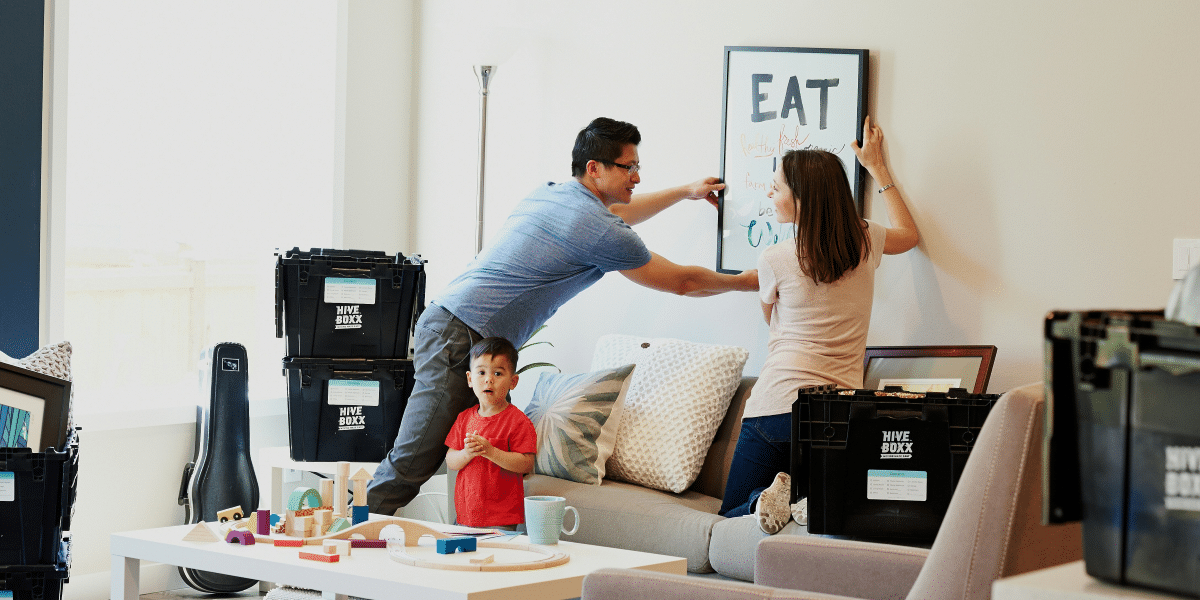Home health care can be very beneficial for individuals dealing with ongoing health issues. Imagine getting personalized medical attention right in your home and all the attendant benefits and effects. According to insights from the National Association for Home Care, an overwhelming majority of older adults prefer aging in their residences.
This preference underscores the profound importance of home care, particularly for those grappling with persistent health issues like diabetes, heart disease, or COPD. By facilitating care within the home environment, this support effectively diminishes the necessity for hospital visits and empowers patients to manage their conditions with greater efficacy.
The best thing about home health care is the personal touch. Nurses, home health aides, therapists, and other professionals work closely with each person, creating unique care plans for them. It’s not just about medicine; it’s about building trust and ensuring people feel emotionally supported.
Furthermore, home health care champions patients’ independence. Many individuals harbor concerns about relinquishing autonomy and transitioning to long-term care facilities. Notably, studies have demonstrated that effective home health care can reduce emergency room visits by as much as 50% among patients grappling with chronic diseases.
By delivering essential medical services within the comfort of one’s home, this model of care allays fears associated with losing independence and also minimizes some of the other challenges that are known to come with hospitalization like high costs, hospital-acquired infections and others.
Moreover, preventive care stands as a cornerstone of home health care. Regular visits by healthcare professionals enable the early identification and management of health issues before they get worse. This proactive stance effectively curtails the progression of chronic conditions and staves off further health complications.
What is Chronic Illness Home Care?
Chronic illness home care is like having healthcare brought right to your doorstep. Trained medical professionals address the physical, emotional, and mental aspects of long-term illness or other conditions, providing services like skilled nursing care, assistance with personal tasks, medication management, and emotional support.
The goal is simple: to improve lives by promoting independence, comfort, and a better quality of life for those receiving care in their home.
The Purpose of Chronic Illness Home Care
Chronic illness home care services allow individuals with chronic health issues to receive necessary care while maintaining their independence and dignity, while also likely keeping the cost of care as low as possible.
Through personalized care and support, home care for chronic illness seeks to improve and increase the overall quality of life for those affected. It works to alleviate symptoms, prevent complications, and foster well-being.
Moreover, this form of care provides invaluable support to family members, easing the physical and emotional burdens associated with caring for a loved one with a chronic illness.
By combining skilled nursing care, personal assistance, medication management, and emotional support, chronic illness home care enables individuals to maintain their autonomy, effectively manage their conditions, and find solace within the familiar walls of the home.
Role of Home Health Care in Managing Chronic Conditions
Home health care services are a lifeline for seniors dealing with chronic conditions like diabetes, significantly impacting their overall well-being. Through consistent monitoring and education, healthcare professionals help patients manage their symptoms and medications, resulting in fewer hospital visits and better health outcomes.
Supporting Mental Health and Well-Being
It’s not just about physical health—home health care also looks out for mental and social well-being. Caregivers address feelings of loneliness and depression commonly experienced by older adults by facilitating access to mental health services and nurturing meaningful relationships.
Keeping seniors connected with their communities and engaged in social activities boosts their sense of belonging and happiness.
Physical Activity and Lifestyle
Home health care is there for seniors every step of the way to maintain an active and healthy lifestyle. Professionals provide personalized exercise plans and nutritional guidance, promoting physical activity and healthy eating habits. This not only boosts life expectancy but also improves overall quality of life.
How Home Health Care Services Impact Individuals with Chronic Health Conditions
When managing chronic illness, receiving care in the comfort of the home offers many benefits. Let’s delve into some critical advantages of home care for people with chronic diseases.
Comfort and Familiarity of Home
Home care is a lifeline for many, offering the opportunity to stay where they feel most comfortable—their own home. But it’s not just about convenience, but also about overall well-being. Research from AARP shows that nearly 77% of seniors prefer to age in place, highlighting the importance of home-based care, particularly for those with long-term health issues.
Being at home provides a sense of security and familiarity that is hard to replicate elsewhere. It’s like being wrapped in a warm hug, surrounded by comfort and safety. Familiar surroundings can have a calming effect, reducing stress and anxiety.
Moreover, maintaining one’s daily routine at home is like having a superpower—it instills a sense of normalcy and control in an otherwise unpredictable world. This consistency helps individuals feel more grounded and empowered to manage their health effectively.
Personalized Care and Support
Home care provides tailored care and support to meet each individual’s needs. Care providers collaborate closely with patients and their families to create a comprehensive care plan. This personalized approach ensures that care addresses physical needs and emotional and psychological well-being.
One-on-one attention from caregivers fosters solid relationships and allows for close monitoring of the individual’s condition, assistance with daily activities, and emotional support.
Improved Quality of Life
Chronic illnesses are a big deal when it comes to healthcare spending in the US. The Centers for Disease Control and Prevention (CDC) says they consume a whopping 90% of the country’s healthcare budget, totaling over $3.5 trillion. Therefore, effective management of chronic conditions through things like early interventions and home care can help save money by stopping problems before they get worse and cutting down on hospitalization.
Home care does wonders for people with chronic conditions. It’s like a key to a better life. It allows them to do what they love and stay connected with friends and family. Feeling normal and being part of a community does wonders for mental and emotional health. So, not only does home care make life easier, but it also boosts happiness.
Additionally, home care helps manage symptoms and alleviate discomfort associated with chronic illnesses. Skilled nursing care, personal assistance, medication management, and emotional support all play vital roles in improving the quality of life for individuals receiving chronic illness home care.
Final Words
Living with a chronic illness can result in challenges, affecting individuals in diverse ways. Each chronic disease presents its unique symptoms and challenges, making the journey unique to each person.
One common aspect many individuals with chronic illnesses face is increased levels of stress. Managing this stress is crucial for maintaining overall well-being. Getting guidance from a healthcare professional is vital. They have the expertise to provide valuable insights and strategies for managing stress effectively, tailored to your needs.
Seeking guidance from a healthcare professional is crucial as they possess the expertise to offer valuable insights and strategies for managing stress effectively, customized to your needs. Taking an active role in your healthcare journey is equally important. By actively engaging with your healthcare provider, you can prepare questions in advance and seek clarification on any concerns. Collaborating closely with your healthcare team enables you to develop a personalized approach to stress management, empowering you to tackle the challenges of everyday life more effectively.
Published by: Nelly Chavez





